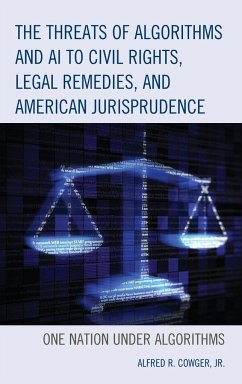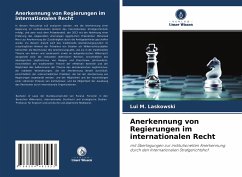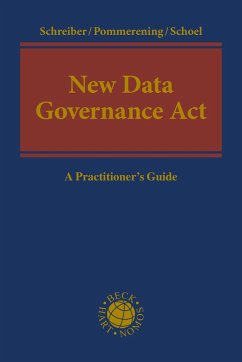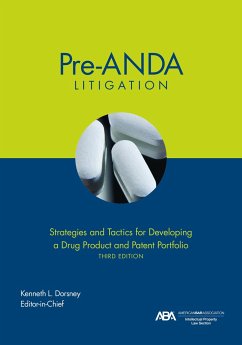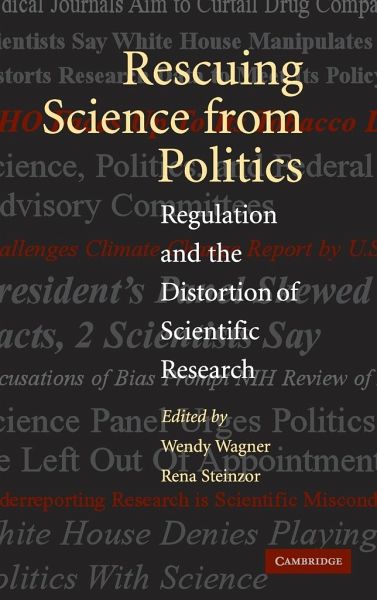
Rescuing Science from Politics

PAYBACK Punkte
53 °P sammeln!
Rescuing Science from Politics debuts chapters by the nation's leading academics in law, science, and philosophy who explore ways that the law can be abused by special interests to intrude on the way scientists conduct research. The high stakes and adversarial features of regulation create the worst possible climate for the honest production and use of science especially by those who will ultimately bear the cost of the resulting regulatory standards. Yet an in-depth exploration of the ways in which dominant interest groups distort the available science to support their positions has received ...
Rescuing Science from Politics debuts chapters by the nation's leading academics in law, science, and philosophy who explore ways that the law can be abused by special interests to intrude on the way scientists conduct research. The high stakes and adversarial features of regulation create the worst possible climate for the honest production and use of science especially by those who will ultimately bear the cost of the resulting regulatory standards. Yet an in-depth exploration of the ways in which dominant interest groups distort the available science to support their positions has received little attention in the academic or popular literature. The book begins by establishing non-controversial principles of good scientific practice. These principles then serve as the benchmark against which each chapter author compares how science is misused in a specific regulatory setting and assist in isolating problems in the integration of science by the regulatory process.






